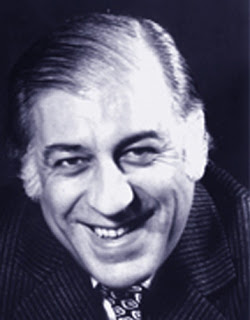It is a fact that despite being relatively few in number, we Armenians are everywhere. Even in the most unbelievable places, in the least populated regions of the world, we learn about the distant presence of an Armenian or some Armenian traces. Once writer Vahram Mavyan recorded similar meetings in his two books, There are Armenians Everywhere and The Fragments of Armenians.
For years I have heard from different people, in William Saroyan’s terms, “small Armenian stories” about meetings with Armenians or Armenian-related people in the most unexpected places, each one – a complete short story or a short film, which hereby I present to the readers.
Himalayan guru and the Armenian woman
From the stories of Hayk Isakhanyan from Yerevan, who has visited India for couple of times:
“I am in the Himalayas, North India, in Uttarakhand province, city of Uttarkashi, practicing yoga with a local guru. Once I injured my shoulder and asked my teacher what exercise I could use to get my shoulder in order. And I was surprised when he said:“A good way to relieve shoulder pain was taught me by a woman from Armenia, who came to me years ago…”










